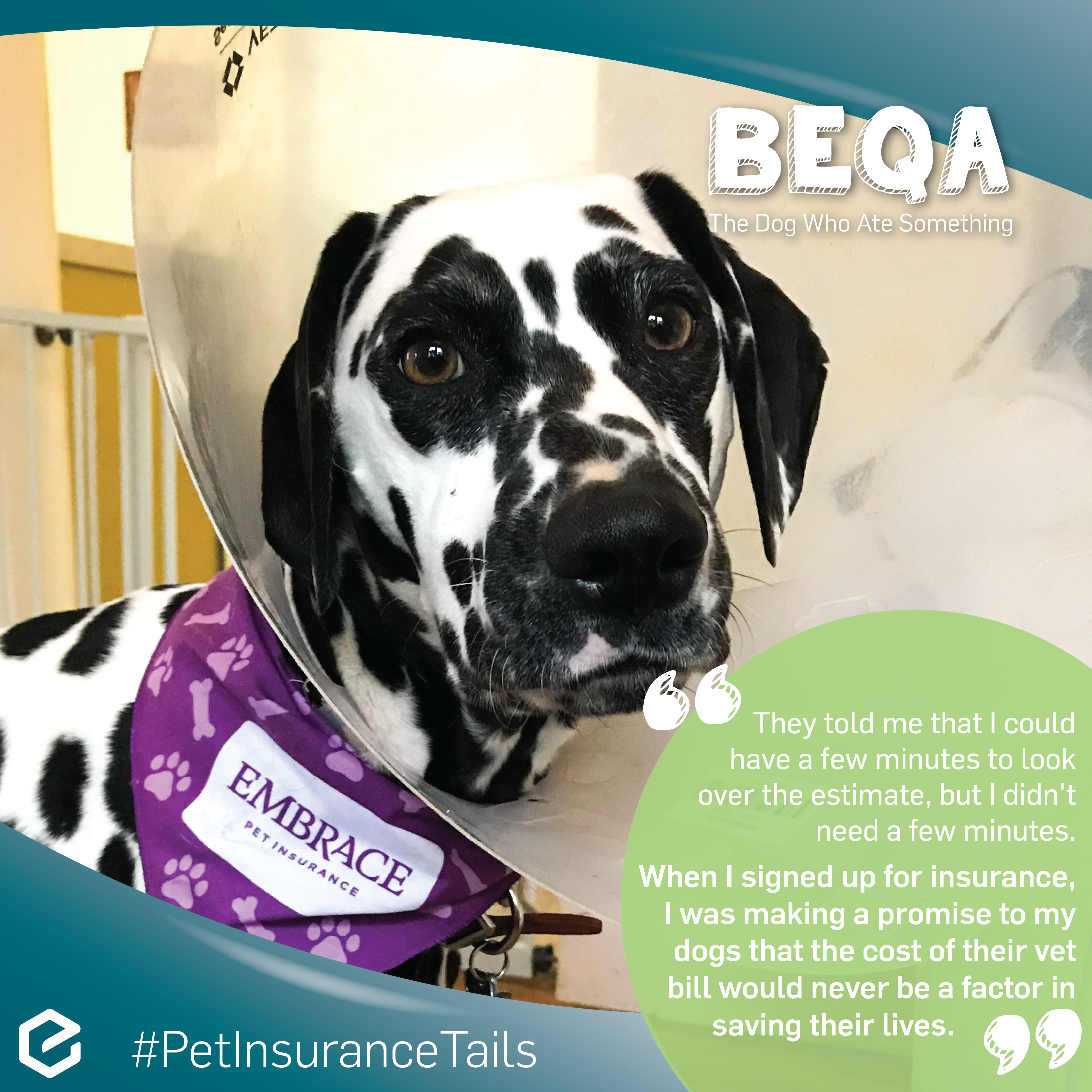BJ255 Insights
Exploring the latest trends and news in various fields.
Pet Insurance Panic: What You Need to Know Before Fido Falls Ill
Discover essential tips to tackle pet insurance panic and protect Fido before illness strikes! Your furry friend deserves the best care!
Understanding Pet Insurance: Is It Worth the Cost?
Understanding pet insurance is crucial for pet owners who want to provide the best care for their furry friends without breaking the bank. The cost of veterinary care has been steadily increasing, and unexpected illnesses or accidents can lead to hefty medical bills. Pet insurance plans can help mitigate these costs, but the question remains: is it worth the cost? Many factors play into your decision, including the overall health of your pet, age, and breed. According to the American Humane Association, having a safety net in the form of pet insurance can provide peace of mind, ensuring you can focus on your pet's recovery rather than the financial strain.
When considering pet insurance, it’s essential to evaluate the different types of policies available. Most plans fall into three categories: accident-only coverage, comprehensive coverage, and wellness coverage. Accident-only plans are typically the most affordable, offering coverage for emergencies but excluding chronic conditions. On the other hand, comprehensive coverage often includes accidents, illnesses, and even wellness care like vaccinations. For a more detailed breakdown, check out this informative guide from Consumer Reports. Assessing your pet's needs, along with the pros and cons of each policy type, will help you make an informed decision.

Top 5 Questions to Ask Before Choosing Pet Insurance
When it comes to protecting your furry friends, understanding what to look for in pet insurance can be overwhelming. Here are the top 5 questions to ask before choosing pet insurance:
- What does the policy cover? It’s essential to know if the policy covers routine care, accidents, illnesses, and hereditary conditions. Some plans offer comprehensive coverage, while others may only focus on specific areas. Always read the fine print!
- What are the exclusions? Every pet insurance policy comes with exclusions. These could range from pre-existing conditions to certain breed-specific issues. Ensure you ask about these exclusions to prevent any surprises later.
Continuing our discussion on the top 5 questions to ask before choosing pet insurance, consider the following:
- How are claims processed? Understanding the claims process can save you a lot of hassle. Some companies may require you to pay the vet and then reimburse you, while others might pay the vet directly.
- What is the waiting period? Most policies have a waiting period before coverage begins, which can vary between companies. You’ll want to ensure your pet is covered right when you need it.
- What is the cost of the premium and deductible? Determine if the monthly premium fits your budget and how much you’ll need to pay out-of-pocket for deductible costs. Websites like Pets Best provide detailed estimates based on your pet's needs.
Navigating Pet Insurance Claims: What Every Pet Owner Should Know
Understanding the intricacies of pet insurance claims can be overwhelming for many pet owners. It's crucial to navigating pet insurance claims effectively to ensure that you receive the financial support you need when your furry friend requires medical attention. Start by familiarizing yourself with your policy's requirements, including what procedures are covered and the necessary documentation for filing a claim. For detailed insights, check out this guide on pet insurance claims provided by the American Kennel Club.
When it's time to submit a claim, make sure to keep all receipts and veterinary records organized. Most insurance companies require specific forms to be filled out, so be diligent in completing every section to avoid processing delays. Additionally, track the status of your claim regularly. If you encounter any issues, don't hesitate to reach out to your insurer for clarification. For more tips on streamlining your claims process, visit PetMD's informative article that highlights common pitfalls to avoid.